- Title: Deaf Birds & Frozen Frames
- Author: Sodiq Alabi
- Genre: Poetry
- Publisher: Sevhage Whiteline
- Year of Publication: 2024
- Reviewer: Salamatu Sule
“Do not judge a book by its cover” is a reader’s discretion or warning about book cover designs and the wider contextual universe. I was quickly attracted to the cover of Sodiq Alabi’s Dead Birds and Frozen Frames when I first saw it, with its dominant turquoise blue palette, a colour choice associated with calmness, tranquility and balance. There is also a group of avian species, ravens or crows, perhaps in search of prey. At the side was something resembling the plumage of a parrot, maybe the Parrot Poet. The title is written in white clouds, with some letters dripping tears. I found it is quite deep.
The cover design artist, Nikole Stephen Okopi, did not just create a cover design to draw the reader’s attention but must have immersed himself in the creative world of Sodiq Alabi’s poems. Deaf Birds & Frozen Frames is not just a lyrical poem of a ballad or dirge. It is reflective and recounts the nostalgic moment of what a society ought to be but is not. It is a migration story of paradise lost in the realistic wake of idealism, to take a desperate flight out of a country and the fright of a new place that’s the unknown. There’s desperation, pain, anger, and the urgent need to go in search of a new home where HOME has failed and hope, having taken flight, is now out of sight. Here is the vivid imagery of what it means to take flight from a place breaking its promise of a future.
“All her existence
Fits on the tip of her wrapper
And with that, she flees”
- PG. 9, Flight, DB&FF
In the opening poem Life Like British Weather, the storyteller-poet narrates this to us as he reflects on places within his home in Nigeria that he passed but never visited and his new home in the United Kingdom.
In the new place, he can’t find the hustling and bustling of the roadside market, the hawking of snacks, nor the enduring smiles of his countrymen.
The poet speaks of his new home:
“On our last night, we searched on foot
For where to have dinner
And saw the city through a dark shade
Partly felt like home.
Though exile may hurt like an ingrowing nail”….
(pg,2, DB&FF)
Alabi likens this to the little value we place on what we used to have that is free but never allowed ourselves to explore at a new place where we can no longer enjoy that freedom but are happy to explore. The poet-persona tells us what it means to adapt and grapple with the realities of time, place, and the people of his new home. He says:
“In this new city with signs
Half written in a language
We couldn’t read”.
(pg 3, DB&FF)
This collection raises the question of what it means to be a hybrid. Sodiq Alabi’s thematic preoccupation explains to readers that to be a hybrid is to lose a certain sense of belonging about who you truly are in the place of your new environment. You belong to neither here nor there, are just misplaced.
The theme of each place, whether home or abroad, they’re avian predators preying, devouring without conscience, as life becomes ruthless and meaningless. Humans are displaced because a country is at war with itself:
“Home is no longer what it was
And exile is not what it was meant to be
We pay the debt of damaged climate
As capitalists rum makeshift solutions
Down our parched throats”
- Purgatory, pg 4.
There’s a deep sense of reflection on the fading or the near extinction of tradition and the values that used to be upheld. Sodiq Alabi portrays the problem and challenges reflected in this collection as the curse of the priestess chained by the god of modernity. At the altar of modernism and colonialism, we have lost our tradition and our civilization.

“The dairy priestess
Who once cared for your sisters
And gifted children to all
Smashed her calabash in pain
With that, the dangling souls
Of the few survivors
Seeped into the ground.
The council of elders fumed
Orunmila slushed,
Ordered the priestess into a cell
Is a chained god not a pathetic sight?”
–PG, 43, Abandoned Gods, DB&FF
Recollection and memories adumbrate the verses of this collection, whether for good or bad. Sodiq Alabi achieves this using the diction of home—the Yoruba language—to show the richness of culture, preservation or documentation, and anthropological effect. This is captured in the poems What the Hunter Said, The Splitting, Song of Akanke, and Hilltop Declaration.
There’s the symbolism of place which is the United Kingdom and Nigeria and of places, of Oxfordshire and Northamptonshire, in poetics describing all the -shires as reminiscent of symbolic places like Abaji, Obajana, Osogbo, Abuja and Iwo.
The eponymous title is critical to this review as Dead Birds symbolizes Capitalism and all forms of capitalist tendencies on those who take flights from home, migrating to places that are supposed to fix their future. The poet, in this collection, says it is usually not a glorified exile experience as avian predators are everywhere lurking around, therefore, it is necessary to capture all of the experience and recollection of memories of past, present, and possibly the future, in Frozen Frames.
When Sodiq Alabi’s Texture of Air was published in 2015, I thought I had read one of his finest collections but Deaf Birds & Frozen Frames has proved that Sodiq Alabi is a voice that has emerged in African Literature worth celebrating for his simple lyrical and social advocacy for the reclaiming of individuality, identity, and purpose.
Salamatu Sule is a Literary Agent, Book Reviewer and Author. She connects writers, Publishers and Booksellers to the book value chain. Sule lives in Abuja, Nigeria. Her life is unexciting without books.
- The Question of Hybrid in Deaf Birds & Frozen Frames || Salamatu Sule - December 25, 2024






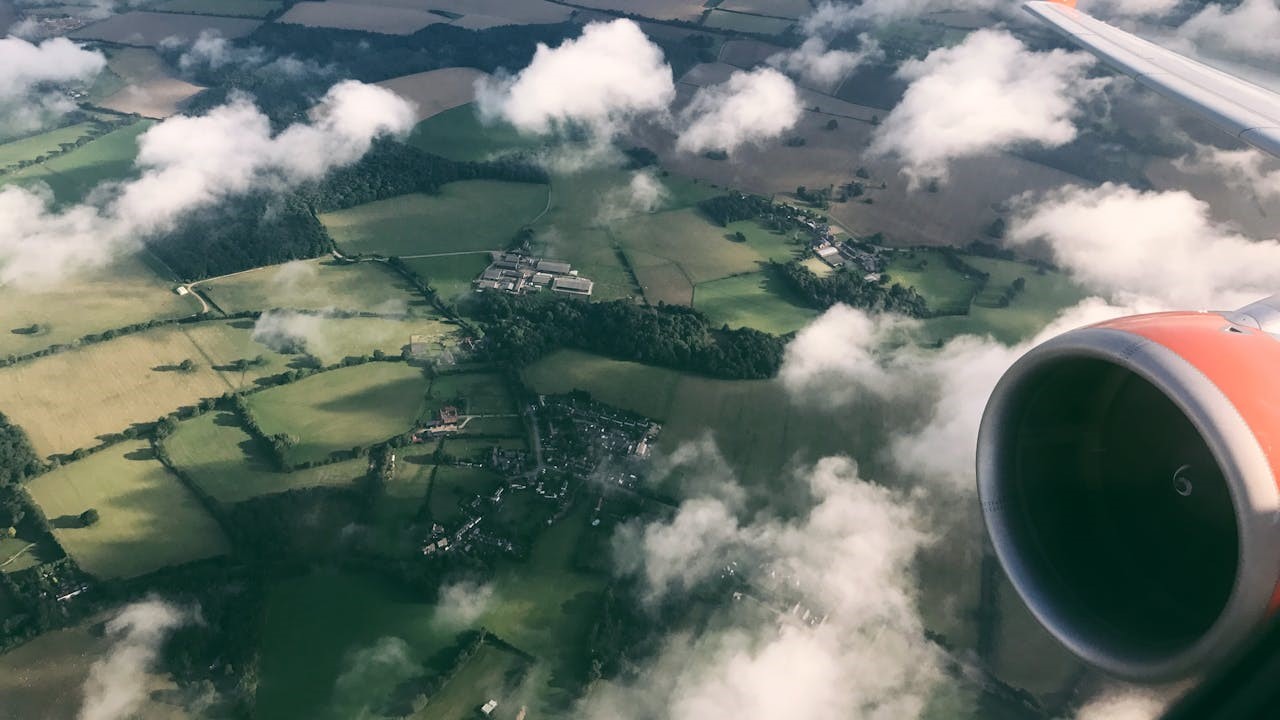
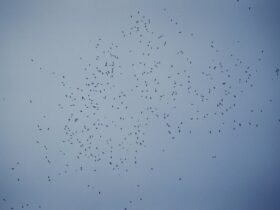
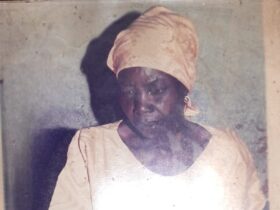
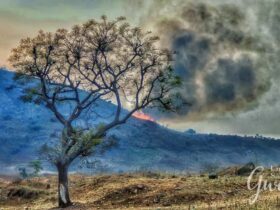
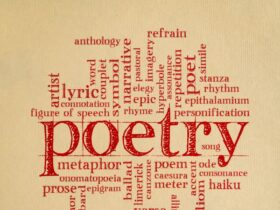
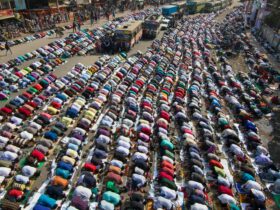

Leave a Reply